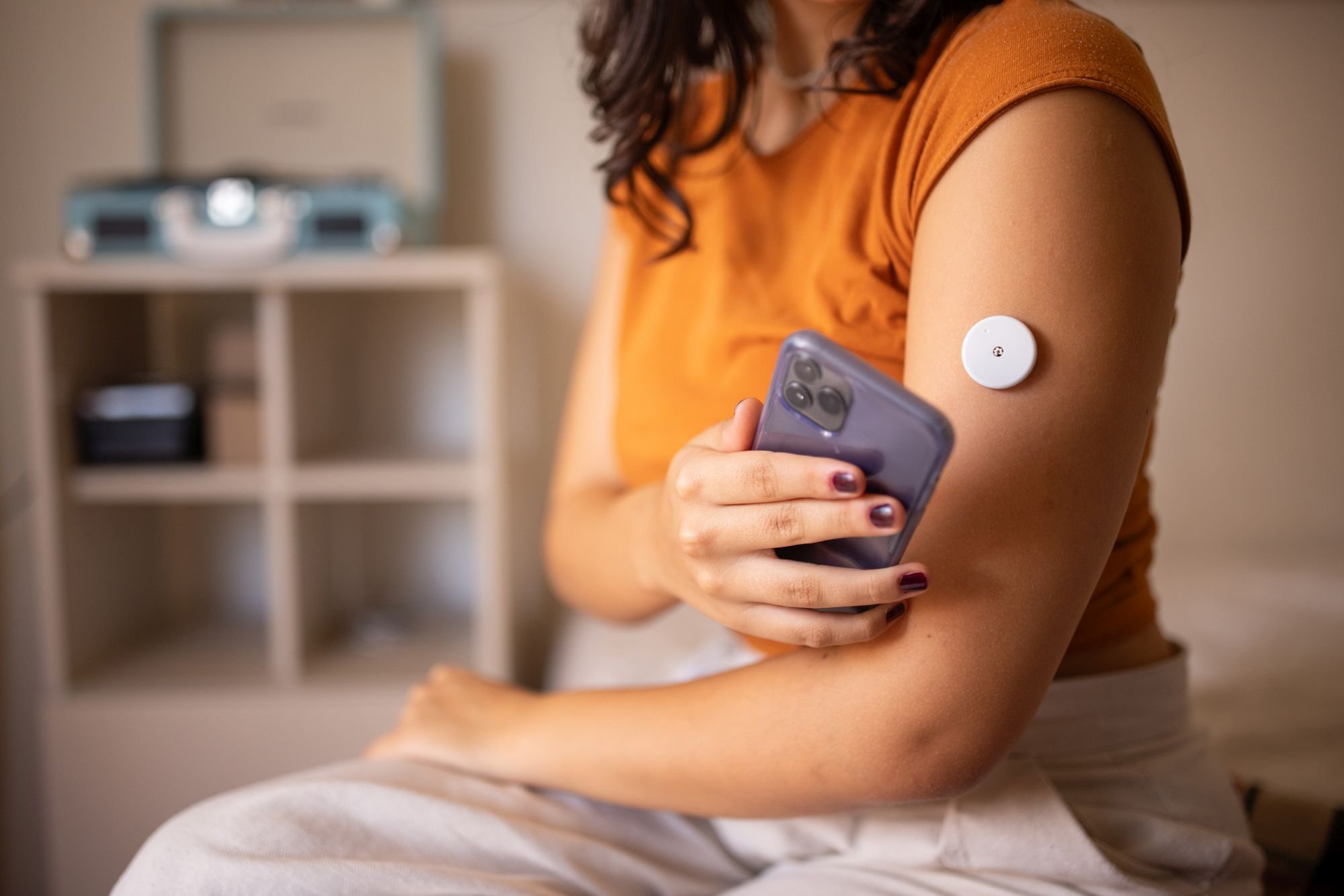When investors are pessimistic about a stock, it's sometimes the optimists that end up coming out ahead. In that vein, DexCom's (DXCM 1.35%) shares aren't performing up to their usual standard this year, with its stock price falling by 36% due to mediocre revenue growth and a regulatory delay.
Still, there's little to suggest that the medical device manufacturer is going to continue to struggle moving forward. For the optimists in the audience, there are even a few signs that things are already looking up. Let's examine three reasons why this stock is still worth buying despite its recent stumbles.

NASDAQ: DXCM
Key Data Points
1. Recent delays won't mean much in the long term
The first reason to buy DexCom stock is that it's slumping as a result of short-term issues that won't have much of an impact once they're resolved. Its latest continuous glucose monitor (CGM) in development for diabetes management, the G7, hit a snag in its approval process with regulators at the Food and Drug Administration (FDA). Apparently, regulators found some minor issues with the device's software package that required the company's attention to remediate, causing a delay. Now, the monitor is slated to launch in Q1 of next year, making it roughly a quarter behind schedule.
Investors who buy the stock today will get the benefit of cheaper shares compared to prices a few months ago. Then, when the G7 ultimately launches in the U.S., DexCom's revenue growth will likely pick up once more, and its stock price should follow. Eventually, once the G7's manufacturing ramp-up is completed sometime in 2023, shareholders should also see some gross margin improvement, which could drive further gains.
2. Penetration of international markets is rapidly deepening
The single biggest argument in favor of buying DexCom is that its glucose monitors are selling like hotcakes in its international markets. The business currently makes 27% of its total revenue from sales outside the U.S., up from 23% in 2021.
Furthermore, its international revenue is growing much faster than domestic sales, posting a gain of 41% year over year in the second quarter. Looking at the last few years, that pace isn't too much beyond the norm. That's quite favorable for investors as its international growth is accelerating right when sales in the U.S. are starting to lose momentum.
To get a feeling for what its market penetration efforts look like, consider the company's recent launch of its DexCom One package in Eastern Europe. Within a mere two months, at least 1% of the eligible patient population in Lithuania, Latvia, Estonia, and Bulgaria had purchased the package -- and all while paying out of pocket, meaning that people were willing to spend quite a bit more than they might have with the help of insurance.
In the long term, DexCom will continue to expand its presence in these international markets, which should enable it to continue to growing for years.
3. The global market for CGMs is expanding
Patients use DexCom's products to control their diabetes. With more people expected to be diagnosed with diabetes in the future than there are today, it's (unfortunately) safe to say that the business will see its addressable market size continue to grow over time -- and sooner than one might expect. Management estimates that the global number of adults with diabetes will increase from 537 million in 2021 to as many as 783 million by 2045.
When paired with its ongoing entry into new countries, the expanding patient population will lead to a tripling of the company's total addressable market outside of the U.S. by the second half of 2023. In other words, those newly diagnosed people are going to need help to manage their blood glucose levels, and without the company's hardware, they might be stuck using older and less comfortable methods, like pin-prick blood glucose testing.
And since it's a hard sell to convince people that getting poked in the finger to draw blood multiple times per day is something worth doing when there's a better alternative, many will probably end up choosing one of DexCom's monitors, which could help bolster its stock.





